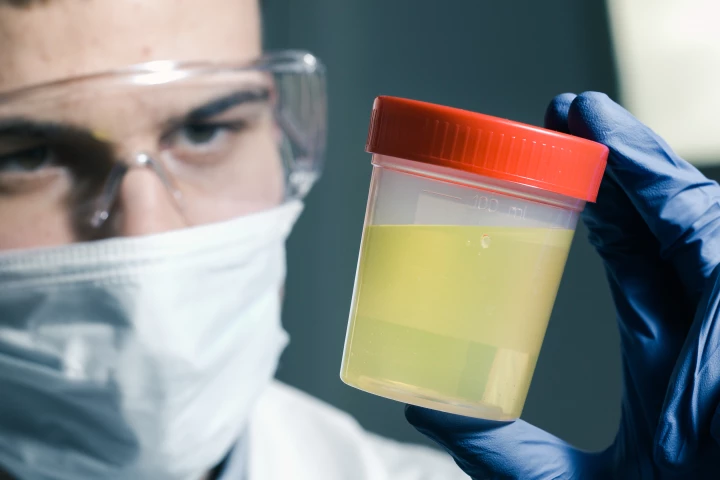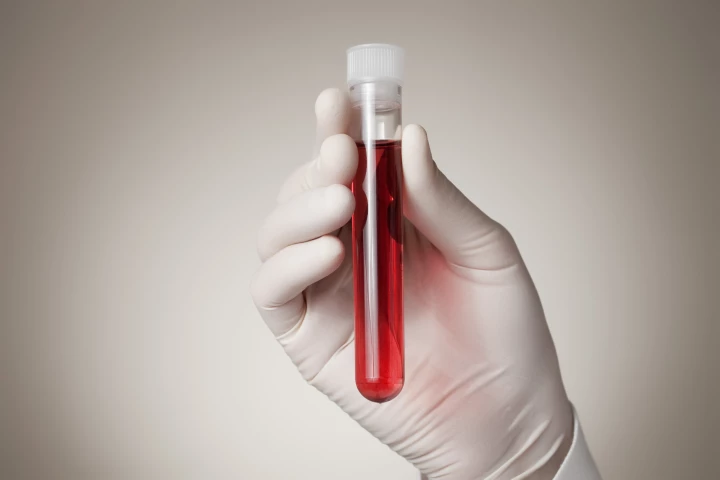Electronic Nose
-
A new computer-trained scent model has done better than humans at identifying odors. In analyzing 500,000 potential odor molecules that had never before been synthesized, it also handily did work that would take 70 person-years to complete.
-
Science is quickly catching up to the powerful sniffers on dogs with its own range of artificial noses. Case in point: researchers modified E. coli bacteria to spin electrically conductive nanowires capable of detecting disease-related odor molecules.
-
While we've heard about a number of "electronic noses," the devices are rarely as sensitive as their natural counterparts. That's why Israeli scientists have taken a new approach, by incorporating a locust antenna into an odor-identifying robot.
-
New research has reported successful early tests for an electronic nose system designed to sniff out prostate cancer biomarkers in urine. The technology follows earlier research that found trained sniffer dogs can accurately detect prostate cancer.
-
Wastewater treatment plants generally aren't known for their nice smell, and they have to be monitored in order to ensure that they're not becoming too stinky. An experimental new system uses an "e-nose" and a drone to do the job better.
-
Researchers at the University of Pennsylvania have developed an electronic nose that may be able to sniff out signs of cancer from blood plasma samples. In tests, the device was able to detect a range of cancer types with over 90 percent accuracy.
-
A new type of electronic nose developed by an international team of researchers is claimed to up the sensitivity and capabilities of these devices, by pairing them with machine learning to mimic the canine ability to interpret different scents.
-
Computers can already boast superhuman sensory abilities in sight and hearing, but smell has been much tougher. Even harder is learning to categorize and differentiate smells, but a new Intel chip that mimics the human brain is well on the way.
-
It's important for us to be able to detect odors such as those emitted by spoiled food. However, what if there were a low-cost "electronic nose" that was better at detecting those things, providing us with an earlier warning? That's what's being developed at the Karlsruhe Institute of Technology.
-
Scientists have developed what they claim is the “smallest and cheapest” electronic nose for sniffing out people, designed with earthquake and avalanche rescue in mind. The nose detects various substances which would provide the crucial “chemical fingerprint” showing the presence of human life.
-
Typically, colon-related illnesses such as Crohn’s disease and ulcerative colitis are diagnosed via invasive tests. Thanks to a new "electronic nose," however, it may soon be possible to detect such disorders by analyzing a whiff of the patient's feces.
-
A team of Belgian scientists has developed what is billed as the most sensitive "electronic nose" yet. The chemical sensor detects pesticides and nerve gases and has a design that could see it integrated with electronics such as your smartphone.
Load More











